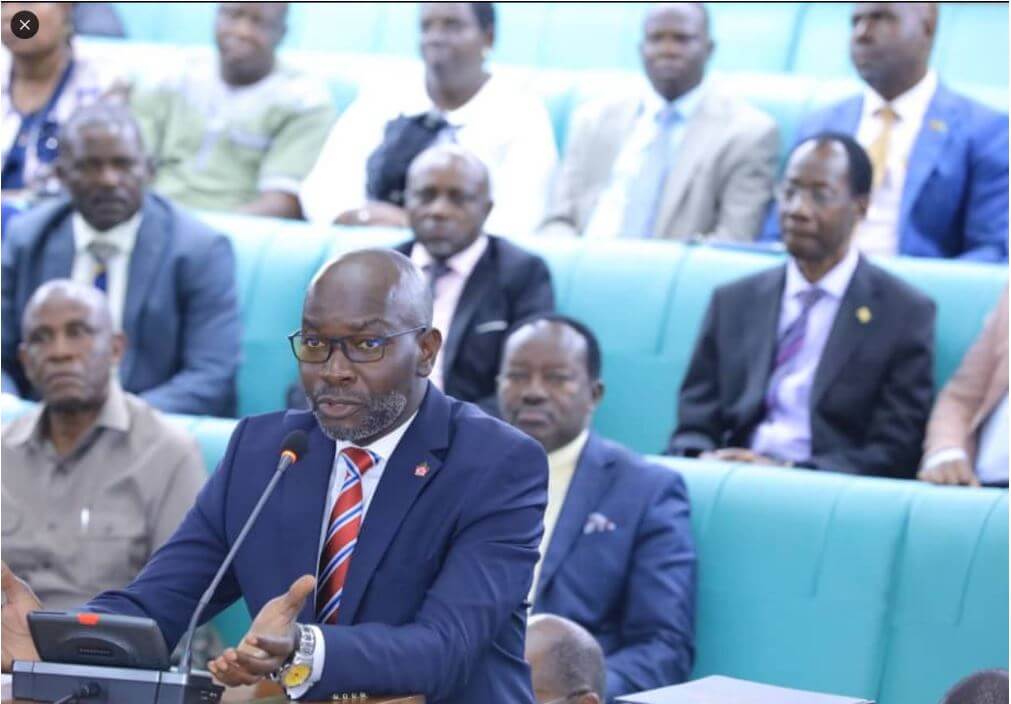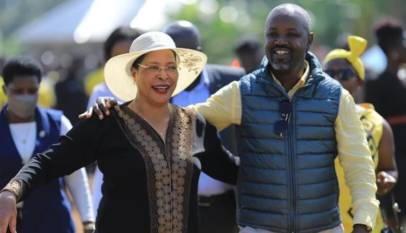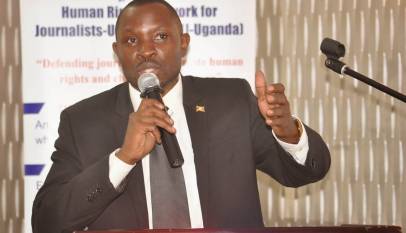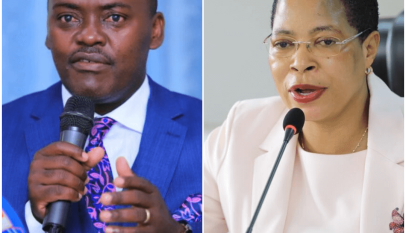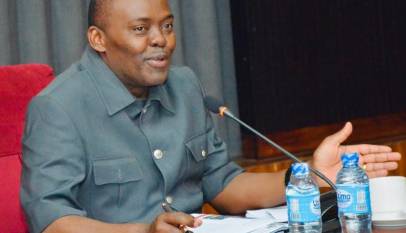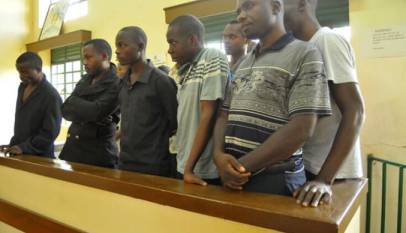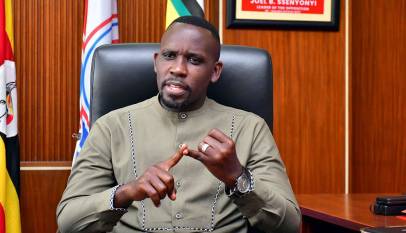DPP Objects to Forensic Investigation Powers Granted to Government Lab in New Bill
The Directorate of Public Prosecution (DPP) has rejected a proposal by Government to expand the powers of the Directorate of Government Analytical Laboratories (DGAL) to include management of forensic investigations.
The DPP sayS such a move would equate to taking away Police’s constitutional mandate of handling criminal investigations.
The remarks were made by George William Byansi, Deputy Director of Public Prosecutions- Inspections, Quality Assurance, Research and Training while appearing before Parliament’s Defence and Internal Affairs Committee, to submit the DPP’s response to The Forensic and Evidence Bill, 2024.
Byansi argued that many of the functions listed and attributed to the DGAL in clauses 9-15 are primarily the mandate of Uganda Police Force because they lead to investigation or detection of crime which is the Constitutional mandate of Uganda Police Force.
“And in our view, subjecting the constitutional mandate of Uganda Police Force by regulations to another body may not reflect the true spirit of the Constitution. It may reduce the corporation or autonomy of Uganda Police in handling criminal investigations expeditiously.The IGP who is the head of the Uganda Police needs to have full operation command of all aspects of Uganda Police operations and structures and this includes criminal investigations and detections,” he explained,
The DPP warned that the Bill in its current form subjects the Uganda Police Force structure to another body, which may affect the Force’s command remarking, “And we have also noted that the IGP in Government protocol who is higher can’t be subservient to the Commissioner who is designated to be the Director of DGAL especially related to crime prevention and detection matters.”
The DPP also rejected the proposal in Clause 7(d) that authorizes the inspectors to seize anything for use of evidence, arguing that this is the responsibility of Uganda Police which is constitutionally mandated to play those roles and giving DGAL such powers would undermine the integrity of investigative processes.
The DPP also rejected the provision in the Bill that outlines the procedure of taking bodily samples for investigative purposes, which requires consent from individual and court warrant, saying such a proposal would impose delays to investigations process.
“We think this will introduce significant delays because it doesn’t provide any exception and yet in certain circumstances, there may be critical to obtain these samples as quickly as possible and yet there may be no time to access court or obtain consent,” said Byansi.
Although the DPP supported the establishment of a National DNA database, Byansi however cautioned Parliament to ensure that such a database is housed within the forensic services directorate of Uganda Police Force.
“This will avoid duplication and redundancy and these are all resources of Government, they should be channeled in one place, instead of putting them in different places essentially to do the same thing,” said Byansi.
In their recommendations to Parliament, the DPP recommend that DGAL should be retained as the national referral Government Analytical Laboratory to centralize and standardize forensic analysis, ensuring consistency and reliability and evidence presented in court noting, “We emphasize the need for adequate funding, trained personnel, state of the art equipment to ensure the laboratory meets international standards.”
Kyagulanyi Says 500 Supporters in Detention, As Polls Loom
Govt Suspends Five Human Rights NGOs
Speaker Among Halts COSASE Probe into Nakivubo Drainage Channel Redevelopment
NIRA Delivers IDs to MPs on COSASE
MPs Blast Judges on Delays in Granting Bail
LOP Lambasts Govt for Dubious, Wasteful Spending
Speaker Among Halts COSASE Probe into Nakivubo Drainage Channel Redevelopment
Speaker of Parliament, Anita Among has halted the probe into the Nakivubo Channel redevelo…
Now On Air – 88.2 Sanyu Fm
Get Hooked Right Here
DON'T MISS!!!
Court Refuses to Reinstate Speaker Among’s Opponents on Voters’ Register
High Court Judge Simon Peter Kinobe has said he can’t order the Electoral Commission to reinstate Parliament Speaker of Anita Among's opponents on the national voters’ register

